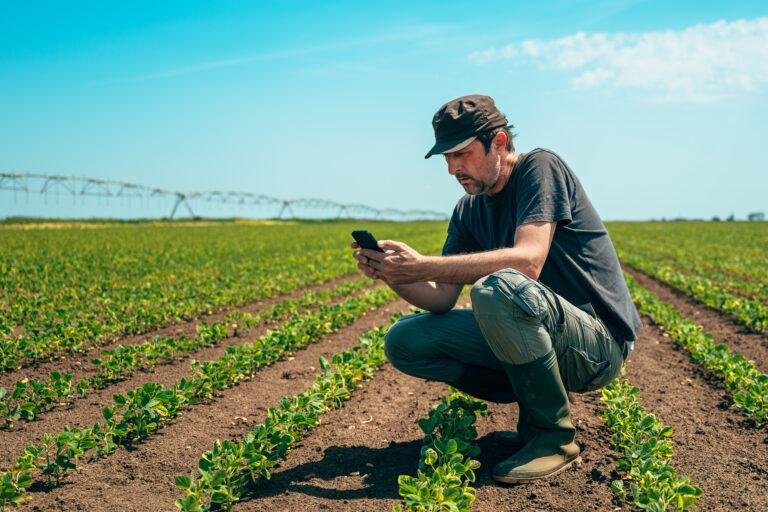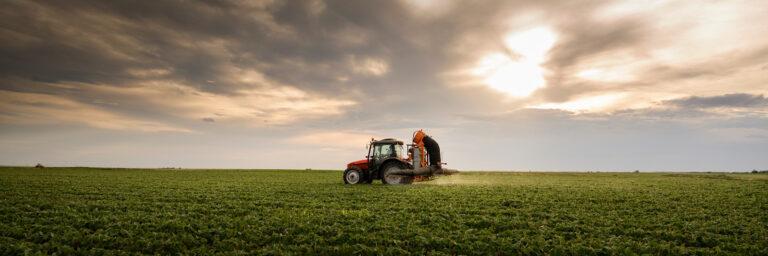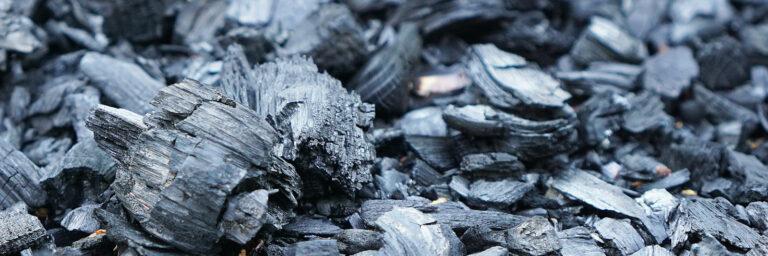
The values in the results have always been intended to signify the direction of travel in expected soil carbon sequestration based on current farm practices rather than be taken as absolute values. The key changes in state are: net soil carbon sequestration (negative emissions), soil carbon stable (equilibrium) or soil carbon declining (positive emissions).
We would like to state that we always firstly promote emissions reduction and better on-farm resource efficiency, before examining any form of carbon sequestration.
For this reason, we are moving to reporting the outputs of the soil carbon module as a traffic light system, rather than absolute values in both the current and new platform (Agrecalc Cloud). The users will notice the change being rolled out in the next few weeks.
The traffic light system will focus more on farm practices, so that users can still utilise our tool to guide their transition to better soil management.
Our soil carbon module is very much still in development and test results have only been made available to a select number of consultants. It was not released to all Agrecalc users, precisely because we wanted to spend more time refining it.
We had hoped to use data collected during the test phase of the module to aid in validation and model refinement before wider release of the module.
Unfortunately, it has come to our attention that in practice our test soil carbon module has been used as if it were the finished product.
We would like re-emphasise that the soil carbon module results should only be used as advisory and not as an absolute value.
Agrecalc Team
If your results show unusual figures, you may have been affected by this issue.
We would like to advise that this has potentially affected your carbon footprint and to re-emphasise that the soil carbon module results should only be used as advisory and not as an absolute value.
We wish to reiterate that the results should only be taken as indicative of scope for improvements in soil management.
As the Soil Carbon Module undergoes further refinement, the use of numerical values will be discontinued, as the use of these as absolute values has never been our intention.
The traffic-light system will be the norm in Agrecalc Cloud. As the soil science advances, ushering more precise methods for measurement, reporting and verification (MRV), so will our calculator evolve to reflect those methods and practices.
We wish to reiterate that the results should only be taken as indicative of scope for improvements in soil management practices, not as a numerical reflection of the actual soil carbon sequestration of pasture soils.
Agrecalc Team
The IPCC Tier I methodology that we base our soil carbon model on contains considerable uncertainties, and we have a guidance text on the website which highlights this.
We are aware of the limited carbon sequestration potential of grassland soils older than 20 years, and incorporating this “cut-off” into our model is an active area of development. The implementation of this measure and the additional recognition of organic soils is a priority.
It is important to note that the “resting” carbon stock is the basis of the Tier I calculation; each farm’s individual practices are recognised in this (including stocking density). The result outputs that users get about their farms are individual and tailored; they cannot be applied to other farms, even of the same post code district.
The results received cannot, in the same manner, be used to extrapolate or imply to represent other farms – one size does not fit all. Nor can the results of Agrecalc as an on-farm emissions model be used to model emissions at the national scale.
We understand that more advanced soil carbon models require more precise data, which means soil testing is needed, alongside recording associated activity data and land management practices. Agrecalc Cloud will enable users to input direct measurement of soil carbon where they have correctly sampled and analysed their soils.
However, there is a reason for hope and optimism, as results have come out of a new project in which Agrecalc has been involved.
A two-year pioneering carbon project in Northern Ireland has demonstrated that farms can make structured progress towards net zero and revealed that some are already hitting the target.
Accelerating Ruminant Carbon Zero (ARC Zero) project aims to show that the focus on emissions alone does not paint an accurate or fair picture of the farming sector, which can go well beyond offsetting its own emissions.
Involving several organisations (Agrecalc, Agricarbon, BlueSky International using aircraft-mounted LiDAR), and led by Professor John Gilliland of Queen’s University Belfast, a drystock farmer, former Ulster Farmers’ Union president and environment adviser to the AHDB, the project has shown that net zero is achievable within the target timeframes and demonstrated how farmers can both cut emissions and increase their carbon storage.
This was achieved using Agrecalc on-farm emissions audit, scientifically supported by on-farm soil sampling and testing, and LiDAR imagery of above-ground biomass, forensically enabling net-emissions position to be determined.
A detailed case study will be available on our website soon.
In the meantime, the article from Farmers Weekly details the process and practices applied that have resulted in high quality data that demonstrates how farmers can both cut emissions and increase their carbon storage.


After two years of operation as a Limited Company, Agrecalc became part of Scotland’s Rural College (SRUC) as of 1 April 2025.

Biochar is a carbon-rich material produced by pyrolysing biomass, which offers a variety of potential agronomic benefits. In this guest article, Black Bull Biochar discusses how these effects work together to bolster productivity, sustainability, and resilience in farming.